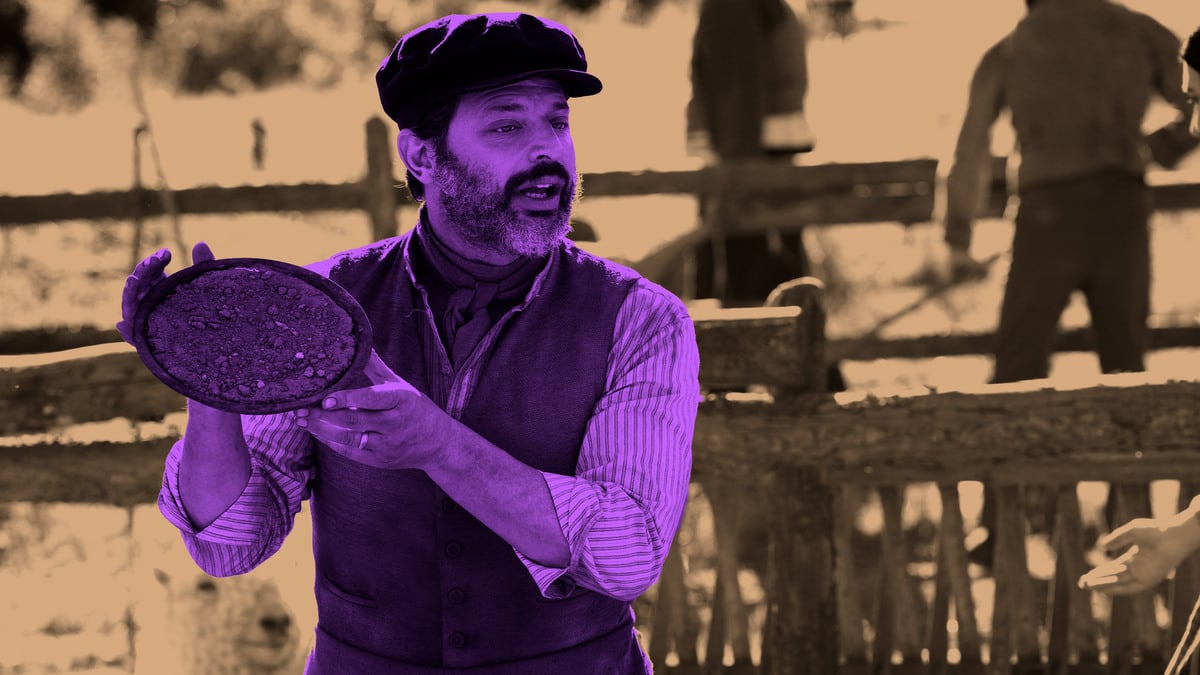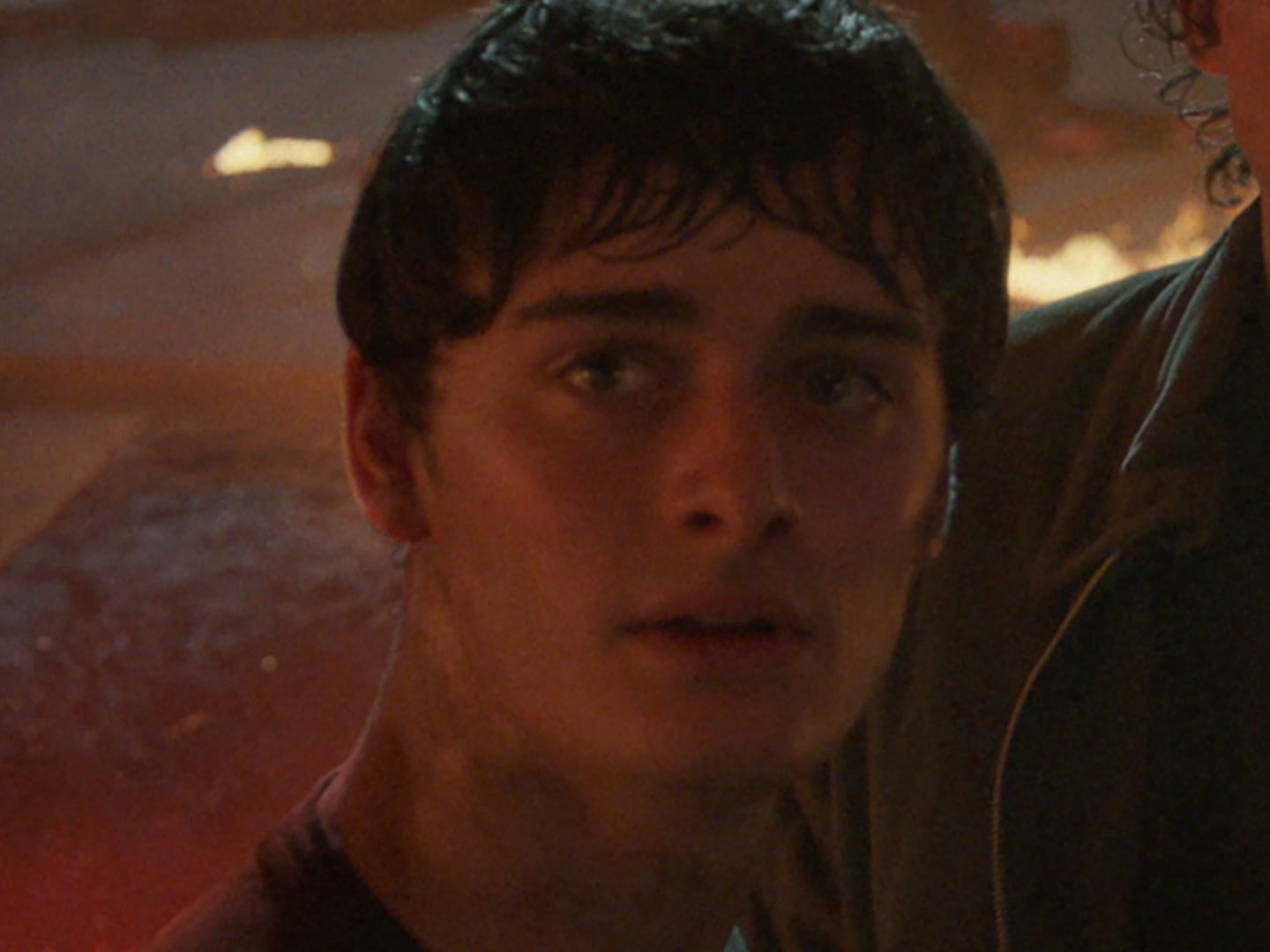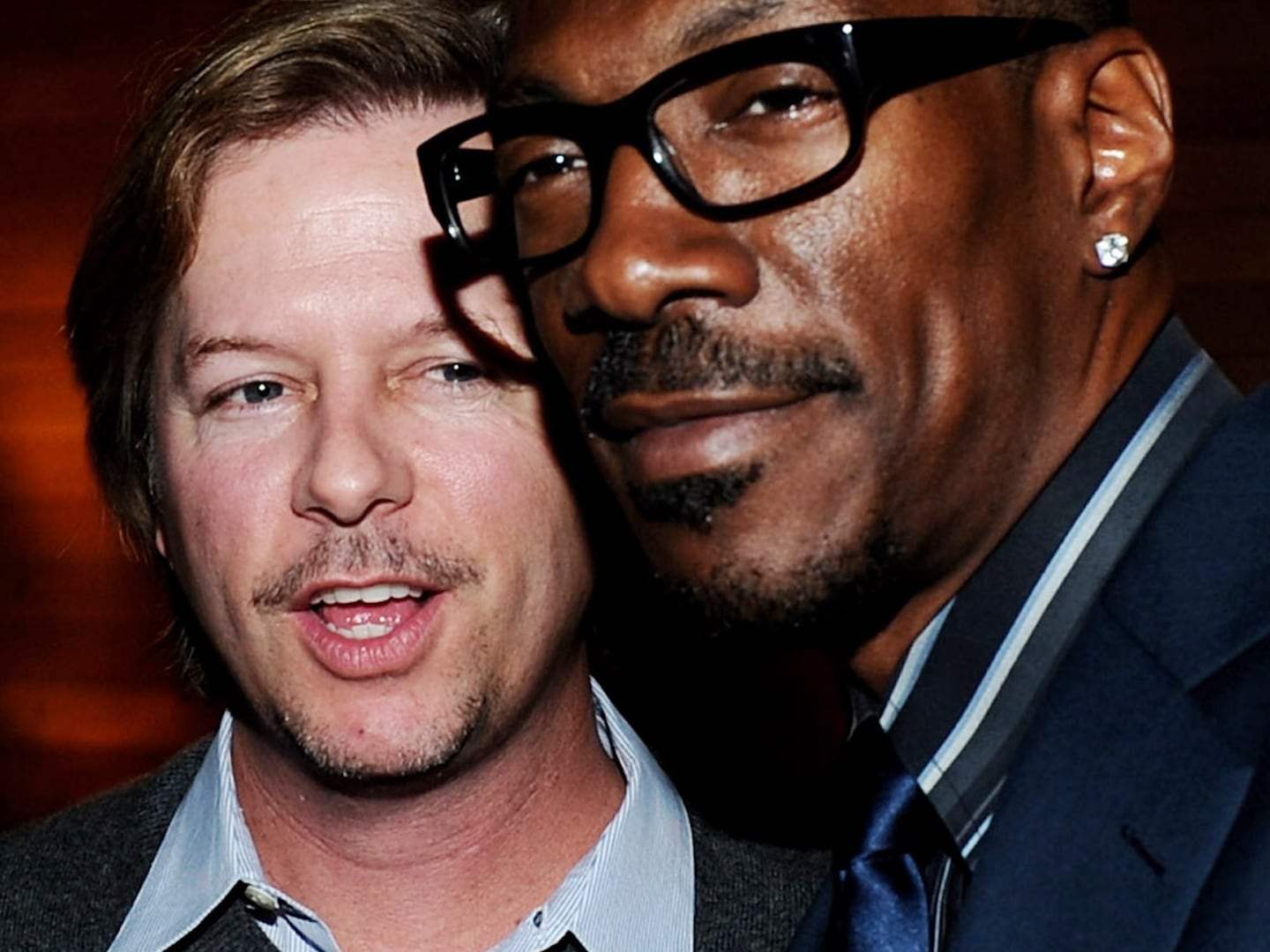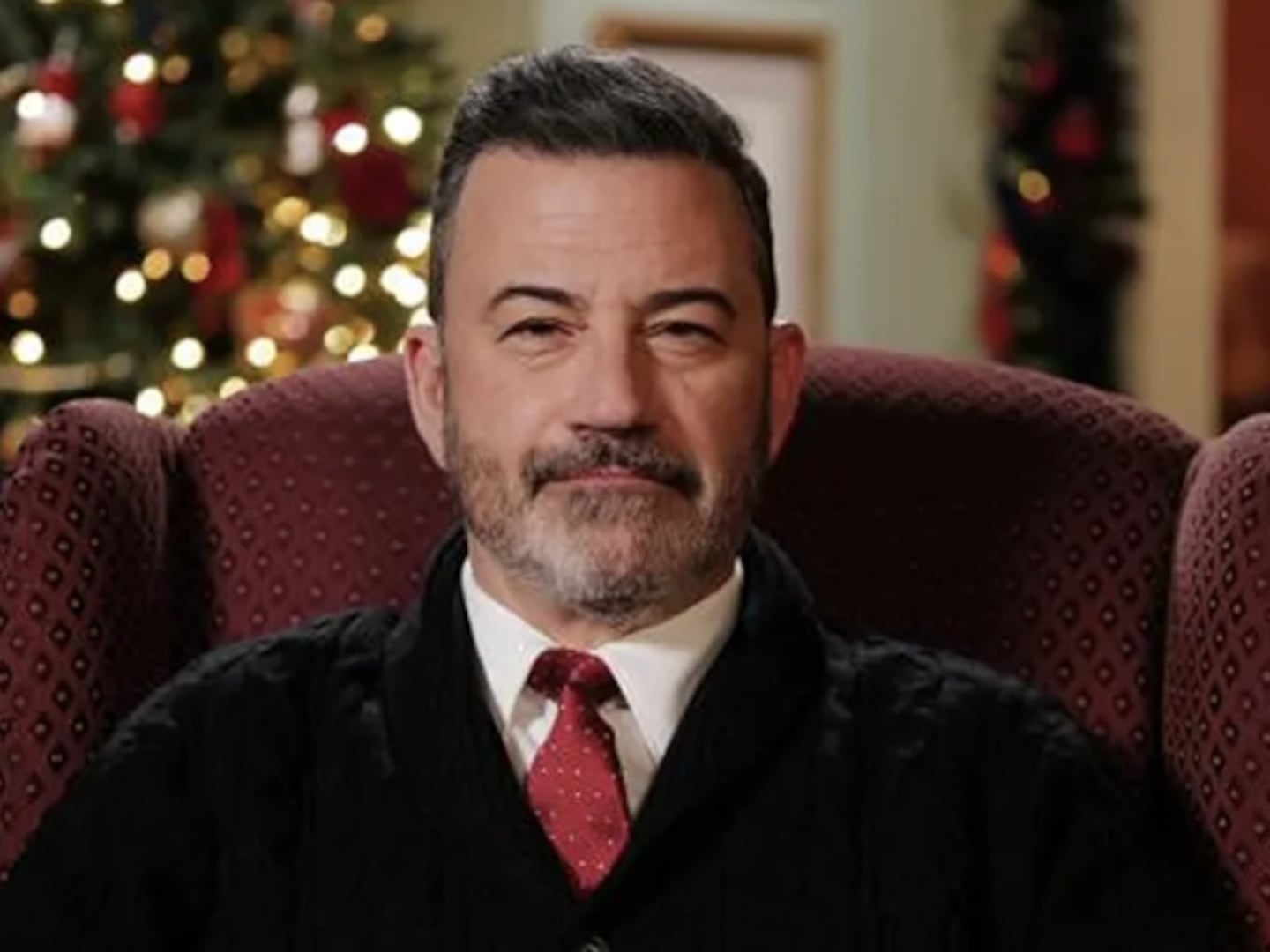Mel Brooks is a comedy genius, but 1981’s History of the World Part I is far from an enduring classic; save for its memorable musical number “The Inquisition,” it’s a compendium of schticky gags that are as corny as its jokes about race and homosexuality are outdated. Thus, the world was certainly not clamoring for a follow-up.
Nonetheless, more than four decades later, here it is in the form of an eight-episode Hulu series (premiering Mar. 6) courtesy of Nick Kroll, Wanda Sykes, and Ike Barinholtz, who (along with the still-vibrant 96-year-old Brooks) have assembled an array of moderately amusing people for scattered bits about human history. The results are so dismal, they make one pine for the end of civilization.
Brooks himself only appears via deepfake technology at the start and conclusion of History of the World Part II; otherwise, he simply provides introductory narration for its various sketches, which hopscotch through time without rhyme or reason. One moment, the series is focusing on Jesus and his disciples, and the next, it’s traveling through the Civil War or navigating the Russian Revolution.
Chronologically out of order, the proceedings prove deliberately helter-skelter, and that chaotic quality is enhanced by scenes that boast neither an interesting (or discernable) viewpoint on their chosen eras or topics, nor the wild lunacy that might turn the action truly absurd.

Brooks guarantees that there’ll be no rehashing in History of the World Part II, only to almost immediately renege on that promise by revisiting two not-to-be-spoiled-here ideas from his original film. Like much of the humor peddled by Kroll in the Russian Revolution portions of the show (in which he plays a mud pie salesman named Schmuck Mudman), one of those is the sort of thing that might be construed as antisemitic, if not for the fact that Kroll and Brooks are Jewish. The other, meanwhile, at least includes so much anti-fascist commentary that it results in a couple of choice one-liners from both Kroll and Barinholtz.
Over the course of History of the World Part II, a smattering of random riffs land, as when Barinholtz’s Grant—who’s been forbidden to imbibe by Abraham Lincoln (Timothy Simons)—screams at a bartender who unceremoniously downs the very drink he’s just poured (“You are a psychopath, sir!”), or Kroll’s Galileo records a Cameo (dubbed a “Galilameo”) in which he hopes that Margherita de’ Medici’s upcoming wedding helps avoid “a land-a war.”
Such moments, however, are few and far between, as the show jumps between centuries with reckless abandon. In stiff competition, the worst recurring gag is a ’70s-style sitcom dubbed “Shirley!” about Shirley Chisholm (Sykes), the first Black U.S. congresswoman, which—with the aid of The Jeffersons and 227 alum Marla Gibbs—parodies the style and structure of the decade’s TV comedies with a crushing lack of imagination.
That History of the World Part II, a show about the history of the world, spends approximately one-quarter of its four hours on this lame multi-part spoof is emblematic of the series’ limited scope and depth. There’s no political perspective to the action save for some rote jabs at white men and heinous dictators such as Joseph Stalin (Jack Black), here portrayed as the oft-mocked servant of Lenin (Rob Corddry) and Trotsky (Barinholtz). Even the scatological jokes are weak, be it a YouTube cooking class by Typhoid Mary (Mary Holland) that’s interrupted by trips to the bathroom, a Normandy Beach sea voyage marred by rampant puking, or a duo breaking through the Berlin Wall to find, on the other side, Kroll sitting on a toilet.
No one’s looking for incisive takes on mankind from History of the World Part II, but the number of sketches that merely introduce famous historical figures, deliver one or two easy and/or aimless quips, and then unceremoniously end is stunning. In that regard, the show resembles a hastily assembled installment of Saturday Night Live, while in terms of its period settings and costumes—and its over-the-top characterizations of Lincoln, Jesus, Judas and numerous other icons—it recalls a more restrained Drunk History. The musical numbers, such as one modeled on Fiddler on the Roof, are equally chintzy, further exacerbating the half-heartedness of the entire endeavor.

Inspiration is in low supply throughout, and that’s most evident in History of the World Part II’s references to modern media. Curb Your Enthusiasm is turned into Curb Your Judaism (featuring Kroll as Judas and J.B. Smoove as Luke), and TikTok, Instagram, sports broadcasts, and local TV commercials also serve as vehicles for segments that begin in groan-worthy territory and then refuse to leave.
Depicting two Union spies working undercover in the Confederate south as a musical pair dubbed “The Dixie Dicks” is about as clever as things get. Still, there’s no point in singling out individual duds given that the series is awash in creaky material, from comedian George Wallace embodying his racist Alabama governor namesake, to a Michael Bay-style trailer for the blockbuster “JC: Resurrection,” to a television spot for Khancestry.com, a service that lets customers discover if they’re related to Kubla Khan (whose dozens of spouses receive a Real Housewives spoof, replete with an Andy Cohen-hosted reunion).
History of the World Part II calls attention to itself by intermittently breaking the fourth wall, most notably via a loudmouth Bostonian who barrels through the set yelling about Tom Brady and Derek Jeter. Such self-consciousness, however, plays like a crutch used to abruptly wrap up scenarios that have nowhere left to go. Taika Waititi, Seth Rogen, and a handful of additional notable stars pop up to no avail, thanks to writing that seems to have been completed mere seconds before the cameras rolled.

More depressing yet, though, are the leaden storylines that were clearly thought out ahead of time, lowlighted by characters discovering the Underground Railroad, which turns out to be an actual subway line overseen by a gun-toting Harriet Tubman (Sykes).
The only saving grace of History of the World Part II is that it doesn’t last nearly as long as its subject matter.
Sign up for our See Skip newsletter here to find out which new shows and movies are worth watching, and which aren’t.






